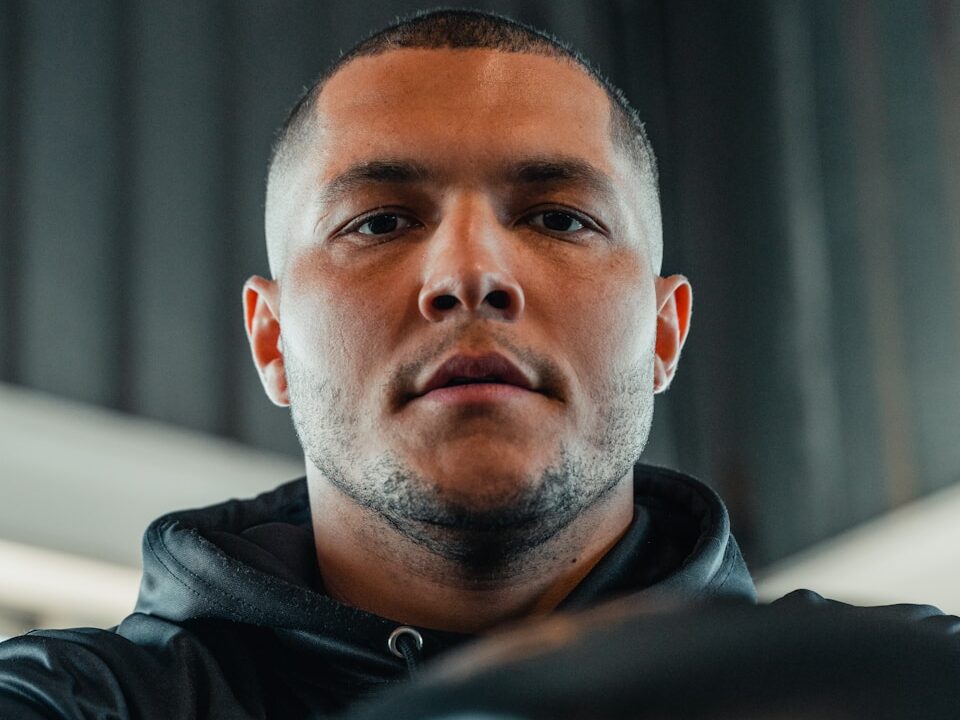
Parental failure isn’t always obvious. It doesn’t always show up as abuse or absence. Sometimes it’s more subtle: emotional distance, unspoken pain, or a quiet drift that no one talks about. Many parents look back and wonder—Did I do enough? Did I do it right? If you’re willing to ask those questions, you’re already braver than most. Here are 15 signs you may have failed as a parent.
Your Adult Child Rarely Reaches Out Unless They Need Something

When your child becomes an adult, their decision to stay connected is no longer automatic—it’s voluntary. If the only time they reach out is when they’re in crisis or need financial help, it may mean they don’t see you as a source of comfort, laughter, or emotional safety. You may have taught them to rely on you for material things, but not modeled what emotional presence feels like.
They’re Afraid to Be Themselves Around You

If your child feels the need to censor who they are around you, that’s not respect, that’s fear. Maybe they grew up walking on eggshells. Maybe your reactions to their early attempts at individuality were critical, sarcastic, or dismissive. Over time, that teaches a person: “It’s safer to hide who I am.” And once hiding becomes a habit, trust becomes a casualty.
They Carry Resentment

You can feel it even if they’re polite. It’s in the strained silences, the avoidance of eye contact, the stiffness during hugs. Just because your child isn’t openly angry doesn’t mean they’ve healed. Many adult children suppress their resentment to keep the peace, especially if they believe you won’t truly hear them. Silence doesn’t equal forgiveness. It often means they’ve given up trying to explain what you never acknowledged.
You’re More Focused on Being Right Than Being Close

If your conversations with your child feel like a competition instead of a connection, you may have conditioned them to expect defensiveness. Parents who prioritize being right often use logic to dismiss emotion—“That’s not what happened,” “You’re overreacting,” “I didn’t mean it that way.” But emotions don’t need to be fact-checked. They need to be heard. If your child stops opening up, they may have learned that every conversation ends with your correction.
They Don’t Share the Big Things With You Anymore

When your child gets engaged, moves across the country, leaves a job, or experiences heartbreak, and you’re among the last to know, it’s rarely by accident. Adults don’t withhold meaningful updates out of rebellion. They do it out of self-protection. If your child doesn’t come to you with their highs and lows, they may have learned that your reaction isn’t one they can count on—for support, understanding, or even basic interest.
They Set Firm Boundaries and You Take It Personally

If your child asks you not to visit unannounced, to stop commenting on their appearance, or to give them space, and your response is guilt, silence, or anger, that sends a message: “My comfort matters more than your boundary.” Boundaries are not rejection. They’re attempts at repair. But if every limit they set becomes a reason for conflict, they’ll stop trying to keep you in their life altogether and choose peace instead.
You Minimize Their Pain When They Talk About the Past

When your child finally opens up about childhood wounds, and you respond with “I did my best,” “That’s not how I remember it,” or “You’re too sensitive,” you shut the door to healing. Intentions don’t cancel out impact. And your defensiveness tells them their truth is too uncomfortable for you to sit with.
They Seem Happier When You’re Not Around

If your adult child lights up with their friends, in their own home, or with their chosen family, but grows guarded and tense when they’re around you, it speaks volumes. Pay attention to their body language: Are they bracing for judgment? Rushing to end the call? Smiling out of politeness instead of warmth? Adults don’t fake closeness with people they feel safe with. They do that with people they feel obligated to.
You Blame Them for the State of the Relationship

If your default reaction is “They’re too sensitive,” “They never call me,” or “Kids today are just selfish,” you’re shifting the focus away from yourself. Adult children often do change. But relationships don’t break without reason. If you can’t look at your own contribution, you’re not engaging in reflection. You’re engaging in blame.
You Tried to Control Their Choices Instead of Guiding Them

Did you support who they were becoming, or try to mold them into who you wanted them to be? When kids are met with control disguised as “guidance,” they often comply just long enough to get out. Then they disconnect. If you withheld love, approval, or support until they met your standards, you didn’t raise an adult—you raised a people-pleaser trying to earn their parents’ affection.
You Only Gave Love When They Met Your Expectations

When love is tied to achievement, good behavior, or image, children internalize a message: I’m only worthy when I perform. If your praise came only after report cards, cleaned rooms, or good manners, your love may have felt like a prize, not a given. That doesn’t just impact your bond with them, but also affects how they show up in every relationship that follows.
You Didn’t Apologize When You Got It Wrong

Children don’t need perfect parents. But they do need honest ones. If you never admitted when you were wrong—if you yelled, dismissed, punished unfairly, or broke trust and then brushed it off—your child likely grew up thinking accountability was weakness. Apologizing doesn’t make you small. It makes you credible. The absence of it is often why kids stop believing their parents will ever change.
They Trust Other Adults More Than They Trust You

If your child turns to their therapist, partner, or even a coworker for emotional support—but avoids hard conversations with you—it may mean you’ve lost their trust somewhere along the way. This doesn’t always look dramatic. Sometimes it’s just a slow, quiet decision: It’s easier to open up to someone who doesn’t dismiss me, guilt me, or make it about themselves.
They’re Emotionally Unavailable in Their Own Lives

If your child struggles to form lasting connections, avoid vulnerability, or numb themselves through work, substances, or distractions—it may reflect the emotional patterns they learned at home. Children raised without space to feel safe expressing emotions often become adults who don’t know how to access them. And while they’re responsible for healing, it’s fair to ask: Did I teach them emotional safety—or emotional survival?
Deep Down, You Know Something’s Broken

You feel it in the silence after the call ends. In the way holidays feel tense. In the lack of closeness that used to feel automatic. Sometimes, the deepest signs of failure aren’t verbal—they’re felt. If your child avoids vulnerability with you, or you always sense something’s “off” in your connection, trust that instinct. That gut feeling? It’s grief. But it’s also a signal that repair might still be possible—if you’re willing to face the truth and begin again.

